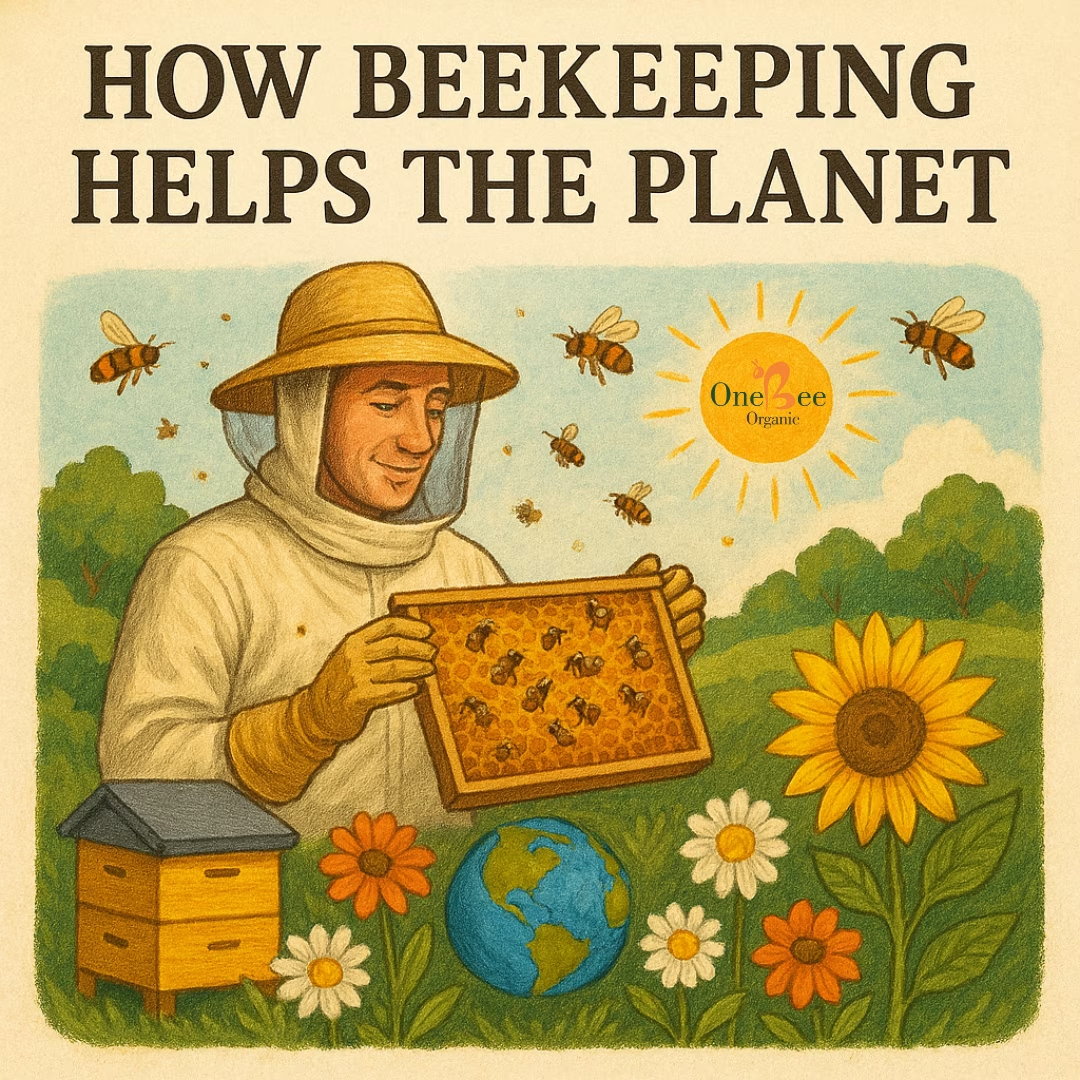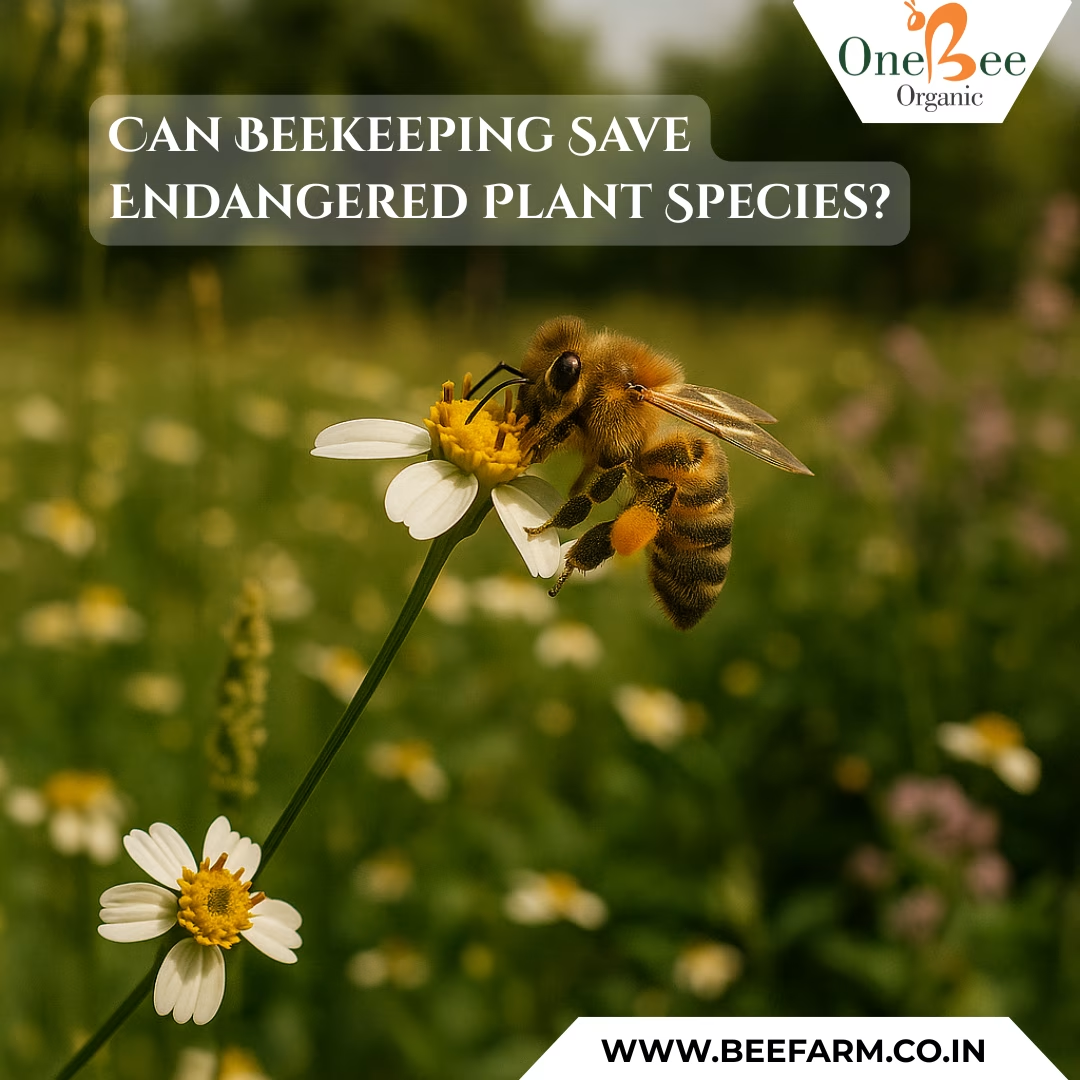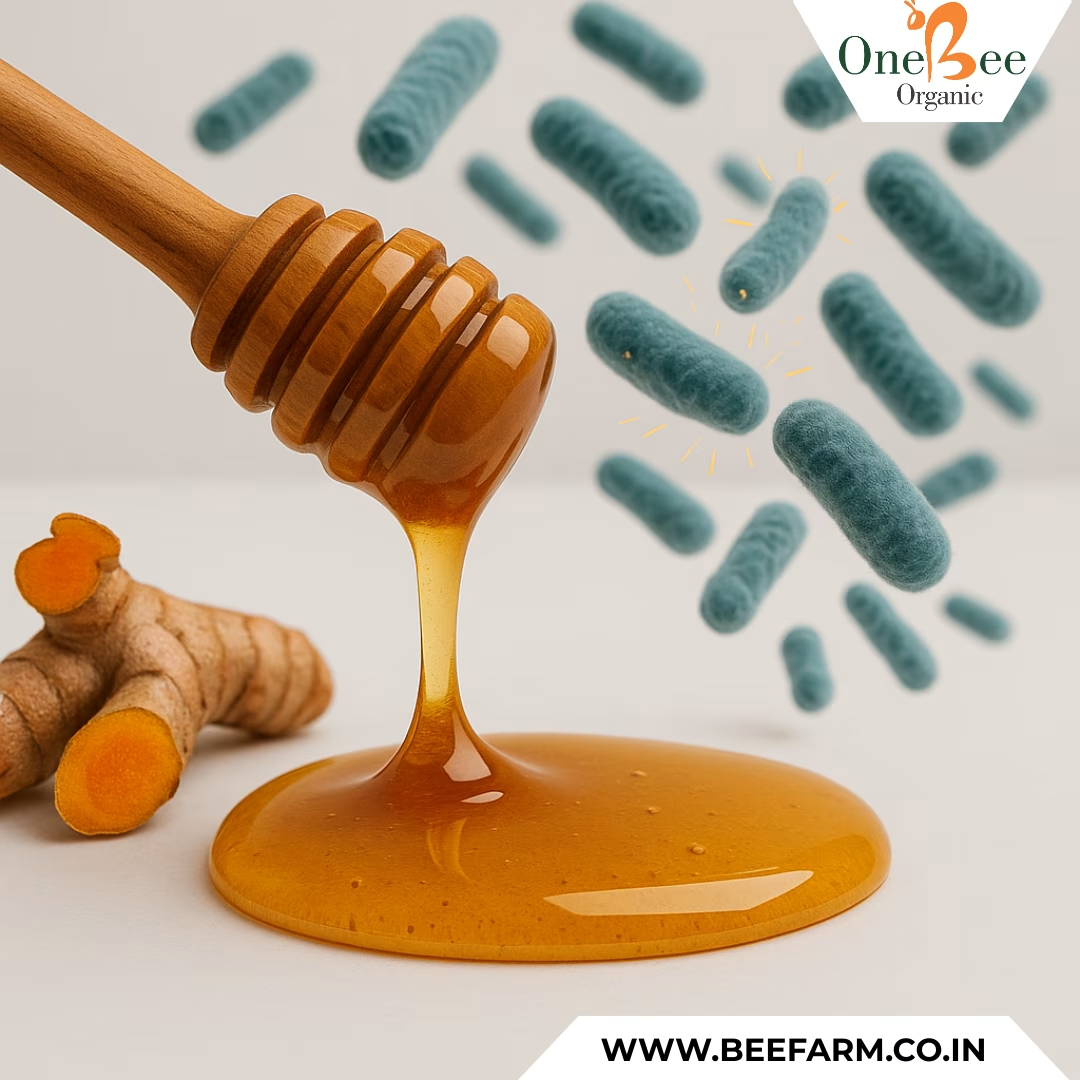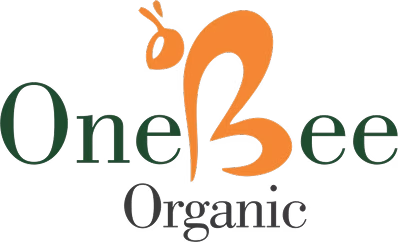How Beekeeping Helps the Planet
When most people think of beekeeping, they picture jars of golden honey or buzzing hives in wooden boxes. But beekeeping is so much more than harvesting a sweet treat. It’s a powerful way to support the environment, preserve biodiversity, and contribute to a sustainable future.
At Beefarm, we’re proud to work alongside the bees—not just for honey, but for the health of the planet. Let’s dive into how beekeeping benefits our ecosystems, food systems, and climate.
1. Supporting Pollination and Biodiversity
Bees are nature’s top pollinators. Over 75% of the world’s flowering plants and one-third of the food we eat depend on pollinators like bees.
How Beekeeping Helps:
- Managed bees increase pollination in urban and rural areas
- Beekeepers often plant diverse, bee-friendly plants, which support other wildlife too
- Bees help wild plants reproduce, preserving natural habitats and ecosystems
More bees = more flowers, fruits, vegetables, and life.
2. Boosting Organic and Sustainable Farming
Bees play a crucial role in organic farming, which avoids synthetic pesticides and GMOs. Many organic farmers rely on natural pollination to grow healthy crops without harming the environment.
How Beekeeping Supports Farming:
- Enhances crop yields and quality
- Reduces the need for artificial inputs
- Encourages regenerative agriculture practices
Beekeeping and organic farming go hand-in-hand to protect soil, water, and air.
3. Promoting Ecosystem Balance
Beekeeping encourages harmony between humans and nature. It teaches patience, respect, and ecological balance.
Benefits to Local Ecosystems:
- Bees help control invasive plants by favoring native flora
- Beekeepers often preserve natural landscapes around their hives
- The presence of hives increases local environmental awareness
Every healthy hive supports a web of life far beyond itself.
4. Fighting Climate Change (In Small but Mighty Ways)
While bees don’t stop climate change, their pollination supports carbon-sequestering plants and resilient ecosystems.
Climate-Positive Impacts:
- More plant life = more carbon absorption
- Strong ecosystems are more resilient to climate stress
- Local honey production reduces the need for long-distance shipping and packaging waste
Beekeeping fosters local, low-impact food systems.
5. Inspiring Environmental Education
Beekeeping is a powerful educational tool. It connects people—especially kids—to the natural world in a hands-on, meaningful way.
Beekeepers become ambassadors for pollinators, spreading awareness about:
- Biodiversity loss
- Sustainable living
- The importance of conservation
Awareness leads to action—and action leads to change.
6. Encouraging Ethical Consumption
When people support local beekeepers, they often become more conscious about where their food comes from.
Beekeeping promotes:
- Buying local, seasonal foods
- Supporting eco-friendly producers
- Valuing natural, unprocessed products like raw honey and beeswax
Conscious beekeeping = conscious consumer habits.
Final Buzz
Beekeeping is much more than a hobby or a business—it’s a way to protect nature, feed the planet, and live in balance with the world around us.
At Beefarm, we believe in bee-powered change. Whether you’re a beekeeper, a gardener, or a honey lover, you’re part of a growing movement to protect pollinators and restore the planet—one hive at a time.
Because when we care for the bees, we care for the Earth.








Leave A Comment